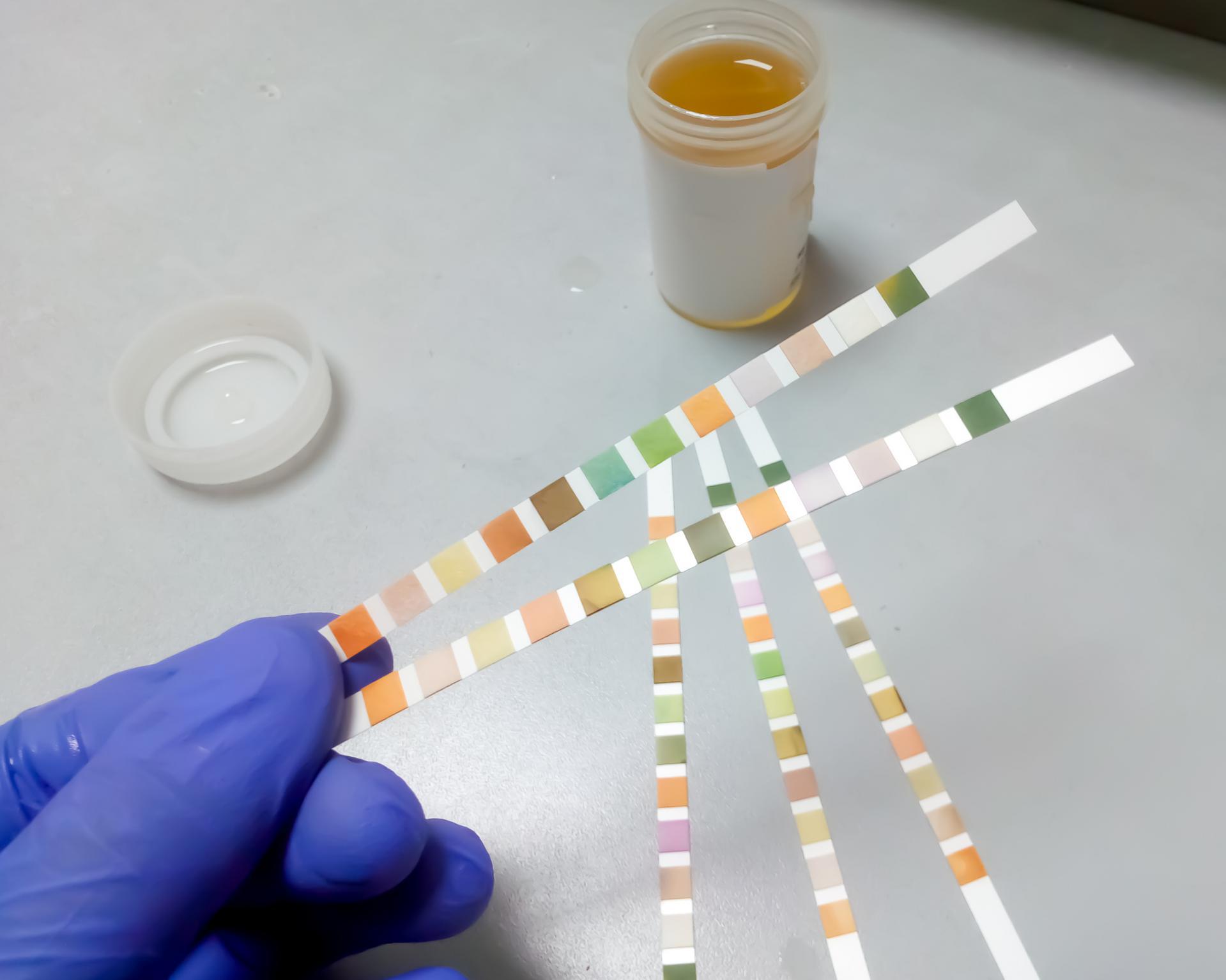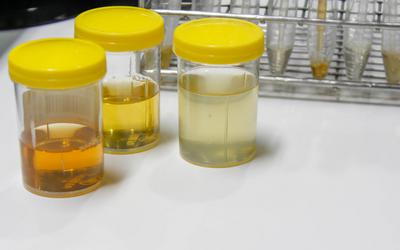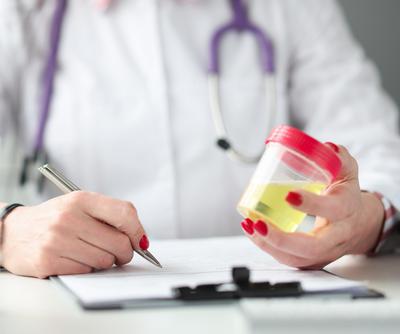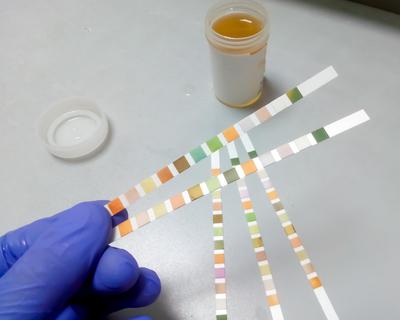What is the Most Common Drug Test Used by Employers
Employers are responsible for ensuring safety and productivity among their employees. Drug screening for employees helps reduce work-related injuries, increase productivity, save money, and reduce crimes in the workplace. Although all employers should consider implementing drug-free workplace policies, safety-sensitive industries require drug testing, including construction and transportation. Numerous drug testing options are available for employers in all industries. Read on to learn the answer to these common questions:
Listen to article

Drug Screening for Employees
In addition to pre-employment drug testing, some employers drug test employees during their employment. Other situations where employers might drug test include:
Drug screening specimens are usually collected at a clinic. However, some employers choose to utilize mobile testing at their workplaces. Health Street provides the drug tests you need at many clinics nationwide or in your workplace.
Frequently Asked Questions
What is the most common specimen to drug test employees?
Drug testing specimens come from urine, hair, sweat, or saliva, depending on which drugs employers decide to test. Urine testing is the most common specimen used and detects drug and alcohol use for up to one week back. Urine testing is accessible to all employers, and federally regulated programs only allow urine collection.
Less common drug testing specimens include hair follicle testing, sweat, and saliva. Although urine testing is the most common, hair testing can detect drug use for approximately up to 90 days prior, further back than urine testing.
Breath alcohol tests, also called breathalyzers, detect the amount of alcohol in an employee's breath. Breathalyzers are instant tests that determine if an employee is intoxicated. They're administered by law enforcement officers and required by the DOT. Employers can use breath alcohol testing for reasonable suspicion to determine whether or not an employee comes to work intoxicated.
The less-common sweat test collects sweat through patches worn on the skin over several days. This drug test detects cocaine and heroin use and detects drug use further back than urine testing.
What are the most common drug testing panels?
The most common drug screening for employees is a 5 panel drug test that determines the presence of amphetamines, cocaine, marijuana, opiates, and phencyclidine (PCP).
The Department of Transportation (DOT) also requires 5 panel testing for employees. The instant 7 panel DOT Mirror Urine Drug Test mirrors DOT drug screening and is accessible to all employers.
The 10 panel and 12 panel screens offer further drug testing. These additional panels detect methadone, MDMA, benzodiazepines, hydrocodone, alcohol, barbiturates, methaqualone, and propoxyphene.
What type of drug test do most employers use?
Employers often test for pre-employment, post-accident, reasonable suspicion, and random testing. The most common drug test for employees is pre-employment testing. Employers often use drug testing as a condition of employment.
Before working, employers generally require pre-employment drug testing after a conditional job offer. This test is especially crucial for employers in safety-sensitive industries to avoid hiring applicants that fail the test.
Pre-employment drug screening is allowed in most states, but some states require the employer to notify the applicant. Therefore, it's crucial to review the laws in your state.
What is the most common pre-employment drug test?
The most common pre-employment drug test is a 5 panel urine test. However, there are no set standards for pre-employment testing. Employers should develop and implement policies specifying which pre-employment drug test they will use.





